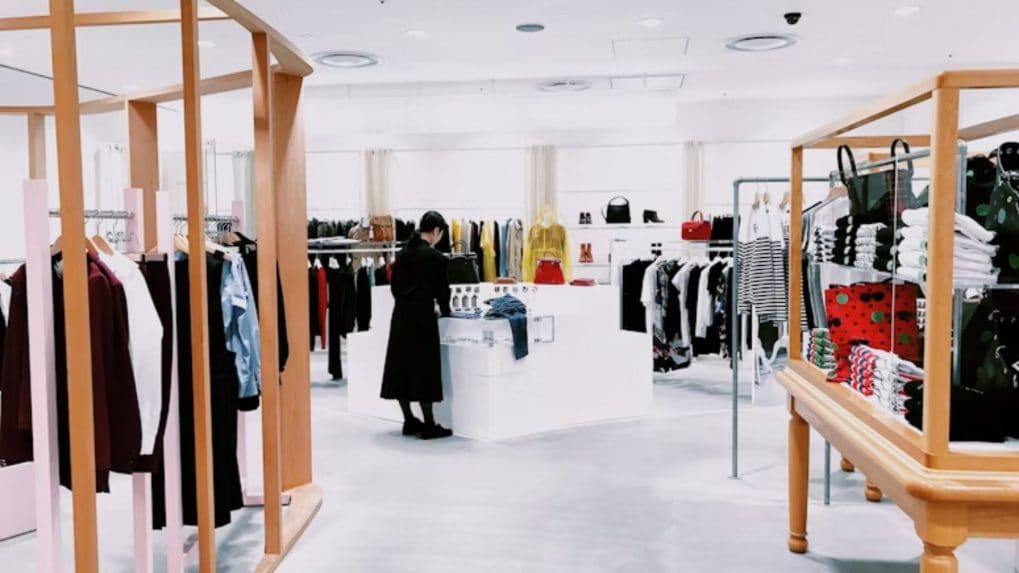India's tax overhaul puts global fashion brands on edge as apparel costs surge
The move rattles brands such as Zara, Levi Strauss, Lacoste, Nike, H&M, Uniqlo, and Marks & Spencer, which dominate India's $70 billion apparel industry, especially in the premium wear segment that accounts for 18% of the market.
ADVERTISEMENT
India's sweeping tax reform - the biggest in eight years under Prime Minister Narendra Modi's government - has sparked cheer in sectors ranging from daily essentials to luxury cars, but global fashion retailers are bracing for a heavy blow.
According to a Reuters report, while the overhaul slashes levies on garments priced below Rs 2,500 ($29) to 5%, all apparel above that threshold will not attract an 18% tax, up from 12%.
Also Read: GST reforms, festive demand to boost ad spends and revenues for quick comm and ecommerce
The move rattles brands such as Zara, Levi Strauss, Lacoste, Nike, H&M, Uniqlo, and Marks & Spencer, which dominate India's $70 billion apparel industry, especially in the premium wear segment that accounts for 18% of the market, according to Datum Intelligence, the report added.
Executives warn that aspirational young shoppers - key drivers of growth for foreign and premium Indian labels - remain highly price-sensitive. "Retail works on wafer-thin margins, and overheads like rents are extremely high," said the CEO of a foreign garment brand operating in India, requesting anonymity, Reuters added.
The Clothing Manufacturers Association of India has called the hike a "death knell for the industry," noting that items above Rs 2,500 are consumed "in large numbers by the common man and middle class."
Most of Superdry India's 875 new arrivals and all Lacoste T-shirts fall into the higher tax bracket, with many items priced well above $29, the report added.
Also Read: GST rate cuts give partial relief to cinemas, OTT gets no concessions
The reform, however, sweetened the deal for automakers by cutting taxes on pricey SUVs to a flat 40% from up to 50% earlier - a move welcomed by companies like Mercedes-Benz, which is reporting record sales.
Adding to the squeeze on domestic garment makers is the impact of U.S. President Donald Trump's 50% tariffs on India exports, hitting conglomerates like Arvind Fashions, the franchisee for Tommy Hilfiger and Calvin Klein, and Arvind Ltd, which supplies global brands for overseas markets.
Luxury houses including Louis Vuitton, Dior, and Versace will also face the 18% tax in India, as per the report. Industry observers say the ultra-rich will hardly be affected, but middle-class families preparing for big-ticket weddings - a cornerstone of India's apparel spend - could feel the pinch.
Despite the gloom, brands continue to bet on India's growing appetite for fashion. Lululemon Athletica is planning its India entry in 2026, underscoring the country's long-term retail allure, the report added.
Also Read: GST rate cuts to drive 12% rise in AdEx; FMCG, Auto sectors to lead spending surge


